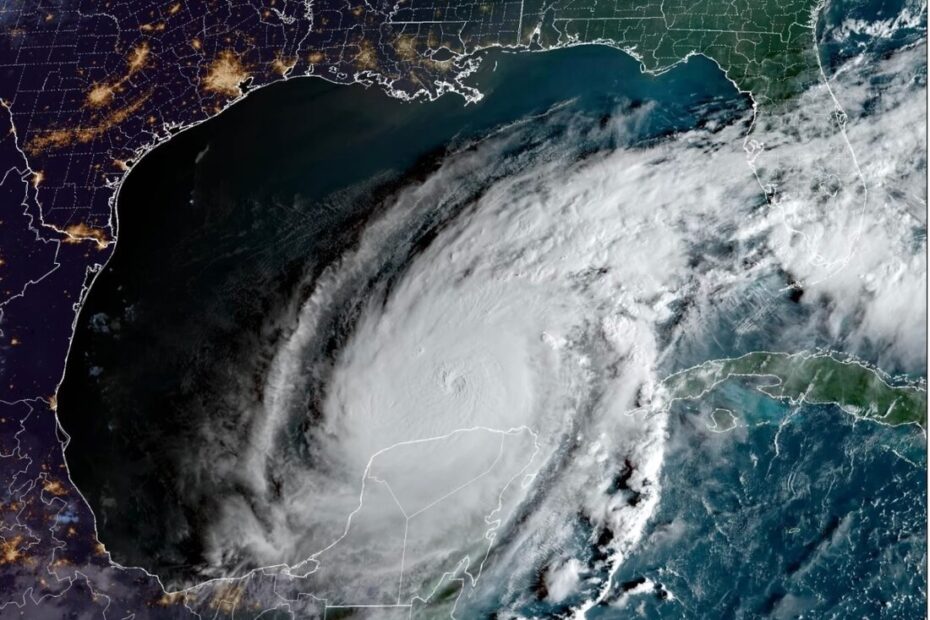Charles Mann offers a big story in the latest issue of the Atlantic. It’s 11,000 words, and it’s based around an audacious premise: the end of energy scarcity. The peg for the story is Japan’s ongoing research on methane hydrate, an amalgam of natural gas trapped in water ice that occurs in oceans around the world. If methane hydrate can be harvested, Mann tell us, the global supply of hydrocarbon fuels are virtually unlimited. This, he argues, would have massive geopolitical and strategic implications, as the history of the twentieth century can be read in part through the lens of wealthy nations without oil seeking the black stuff in less developed lands. New forms of power might center on who can extract ice that burns like natural gas.
The bulk of the Mann piece is a debate over “peak oil”, an idea put forward by M. King Hubbert in the 1950s, when he correctly predicted that US oil production would slow. Mann’s piece pits Hubbert against Vincent E. McKelvey, his boss at the US Geological Survey for years, who argued that energy supplies are virtually inexhaustible, though the costs to extract them increase as we use up the “easy” oil ready to burst above the surface. While Hubbert’s predictions about US oil production were initially right, Mann argues, the rise of techniques like horizontal drilling and hydrofracking means McKelvey is right in the long run. If we need methane hydrate – and Japan does, as it lacks other hydrocarbon resources – we’ll find a way to pay for it. The argument only looks like a contradiction, Mann argues, because it’s an argument between geologists on one side and social scientists on the other, and from the social scientists’ point of view, so long as there’s economic demands for hydrocarbons and the means to extract it, we should expect these fuels to keep flowing.
There’s something very attractive about Mann’s argument. He writes as an insider who’s going to let you in on what the smart guys know that poor, dumb saps like me would never imagine. It’s a tone you hear a lot in Washington policy circles, a realpolitik view of the world that suggests you can entertain yourself with solar panels as long as you’d like, but the adults in the room are deciding who gets invaded for their petrochemical wealth and whose civilizations will collapse into a new Medieval period.
Fortunately, there are some smart responses to Mann’s article, some vitriolic, some patient and thoughtful. (To the Atlantic’s credit, they published both Mann’s piece and Chris Nelder’s excellent response.) The essence of the responses is this: yes, there’s a whole lot of methane trapped in ice. Yes, if we could extract it, we’d have a whole lot of fuel that burns with half the carbon emissions of coal. But it’s unclear we can ever extract this at an affordable cost. (Canada just dropped out of the methane hydrate race, perhaps because they see extracting oil from tar sands as a more plausible source of hydrocarbons.)Read More »Big stories and little details: what Charles Mann misses
